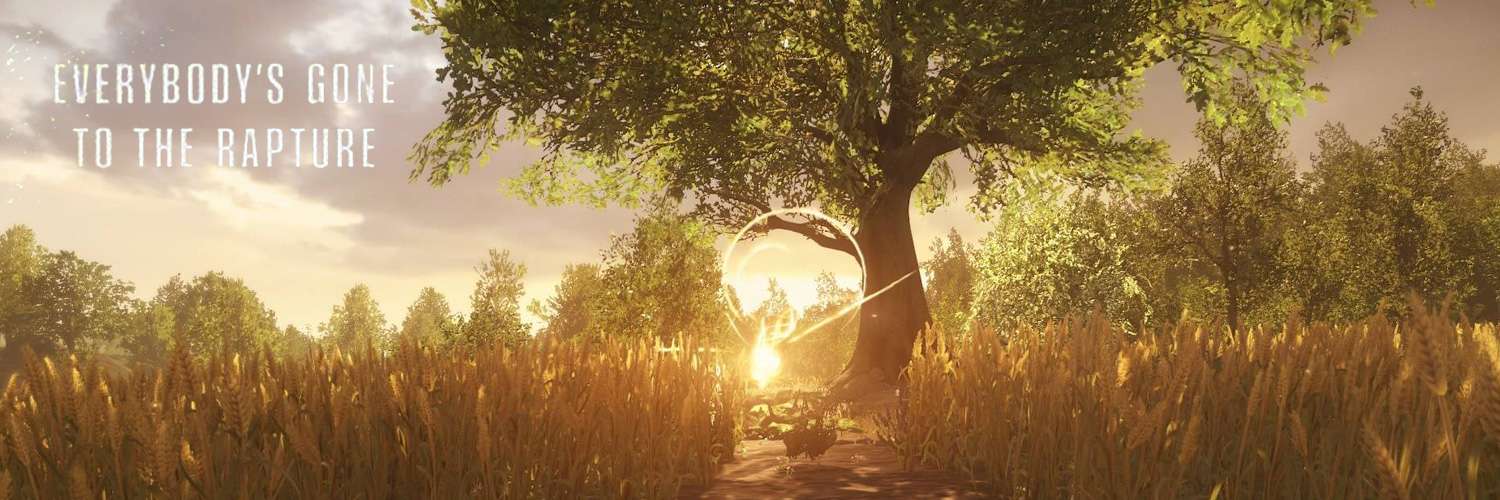
Will Everybody Keep Going to The Rapture of New Story-Games?
What are the key points to take away from a ‘mature’ experience of a title like Everybody’s Gone to the Rapture? Featuring very little interaction, no guns, no puzzles, it’s an immersive, slow-moving PS4 sofa-orientated narrative experience recently released for PC. An attractive name too.
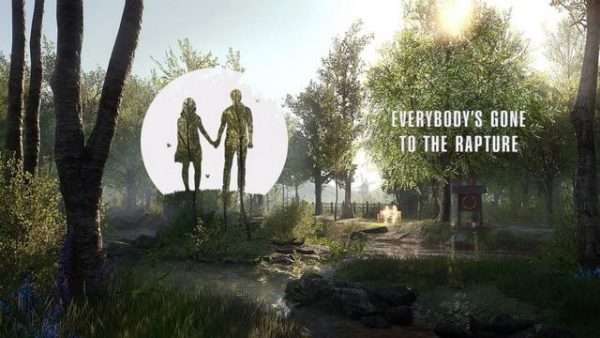
Currently winning awards and dividing opinion on the web, the lasting impression is one of success from studio The Chinese Room, for stretching the medium of how simple and spiritual a ‘game’ like this can be.
The focus – or recipe – of Rapture‘s after-dessert entertainment was to beautifully render a leafy Shropshire village in the 1980s, combine it with captivating light effects and powerful, moving music, and let us wander around, discovering gradually what has occurred there.
It’s an absorbing, enticing mystery. Snippets are received in the form of radio segments, voices and the residual energy of interactions with the everyday villagers – in ghostly light-based re-enactments. Our imaginations are forced, very much like a radio-play, to understand – more visually though – a past sequence of events. Playing the game is a bit like wandering around a glorious, sign-posted stage set and not minding that you can’t completely see any of the actors rehearsing. Your imagination is working. The nature-enveloped sets are just as telling. [read more of my ‘Notes of Rapture’ here]
I recently read that the Brighton-based studio was to start work on another title, Total Dark, which will feature more RPG elements, and I’m not sure about my immediate reaction. I thought they were on to something. Their work on Rapture proves to me that the medium can really be used to convey artistic, spiritual resonance that isn’t all about fiddling with inventories, changing weapons or stress-relief. They have proved they can do subtle movement, revelation; the haunting camera slow-down that carefully takes any sense of control you thought you had – away, as you are moved down a dark corridor. They can handle nature and scientific wonder too. The genre of deeper ‘story-games’ is alive and well, since the age of Myst on PC, perhaps for more mature gamers who are looking for something more illuminating, more musical; more atmospheric and transcendent.
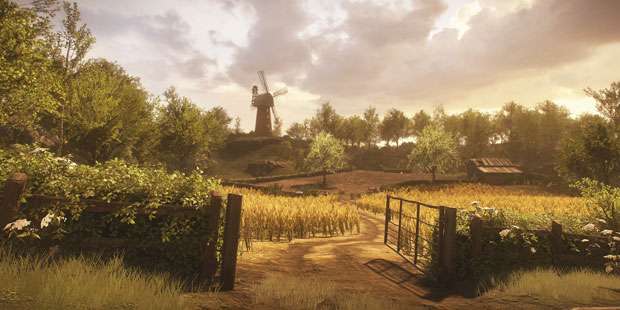
The disappointment to such a sequential or zone-based story-based experience of Rapture is feeling like it’s not a game. I simply wanted to explore on my own terms. Maybe they can stretch it further and make another, more effective, moving narrative that is ‘open-world’ with multiple endings. Many ‘open-world’ RPG titles however just fail with this; with sustaining the narrative pace and tension. They become so easily overblown like the final ‘Lord of the Rings’ movie when compared to a gripping episode of ‘Game of Thrones’. I’m not saying the walk around Yaughton is anything fast, but the narrative is never far away and isn’t broken up by huge gaps of monster-hunting say like The Witcher 3: Wild Hunt. I’ve started that game and am not keen in the way it’s controlling me either, with cut-scenes already struggling to keep me involved, while I’m hoping the game itself will soon open up. I’m sure there are other examples of a successful balance, maybe going further back, even to Origin’s classic space simulator Wing Commander, where I remember caring about the characters and story direction.
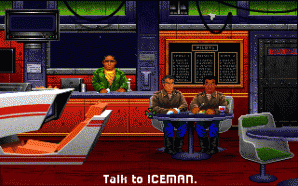
The bar in ‘Wing Commander’
Few attempts, however, seem as minimalist – and effective – as Everybody’s Gone to the Rapture. The glowing light is our guide. However, when presented with such vivid countryside and detailed worlds, I think it’s natural to just want to wander off and explore and not be made to go anywhere in sequence. Maybe it’s because I’m just not used to liking narrative confinement and playing titles like this one.
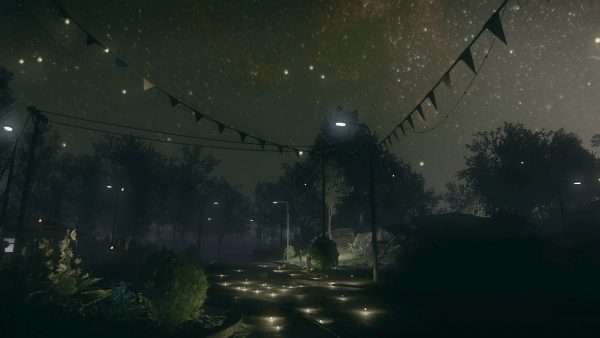
I think it’s more a case that – especially with VR on the way – the balancing act of ‘story-games’ are finding their feet. They are up against that illusive but correct, magical balance between the level of interactivity and the level of involvement with a virtual world; its characters and stories. Mostly in games, the latter, the narrative, comes second. But my question is when – with the kind of mesmerising, rapturous graphical light-power now at their disposal – will games grow up? I hope the ghostly memory of Everybody’s Gone to the Rapture will keep pushing them.